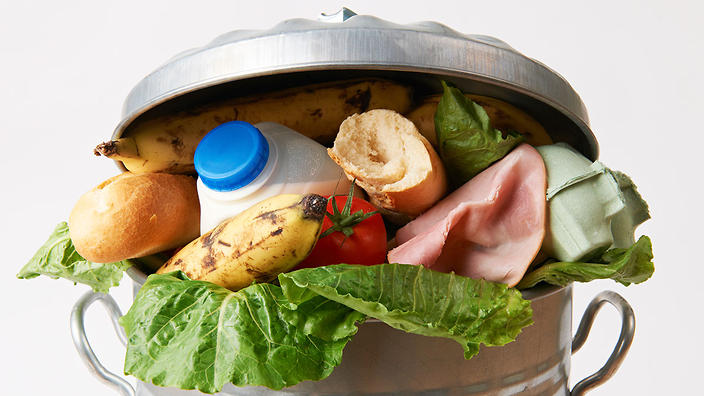The issue of food waste is getting more serious, every year the number of food ends up in the trash. Every year, at least about 300 kilograms of food waste is thrown away by the people of Indonesia. Of course, it’s not a good achievement, if you really care and want to reduce food waste that continues to increase, there are several ways you can do it, see the following article.
What is Food Waste
Whilst plenty of research has been conducted on the issue, there still isn’t a clear and consistent approach when it comes to defining or quantifying food waste. So, here are some different interpretations as well as our own take on this.
Basically, there are many definitions of food waste. Here’s what it means for you.
Food waste is when the proper food you eat is thrown away or left to spoil, regardless of the cause.
Recently, many people have misinterpreted food waste and food loss. Food loss itself is a decrease in the quantity and quality of agricultural, forestry, and fishery products intended for human consumption that are ultimately not eaten by people. Food losses occur along the supply chain from production to harvest, post-harvest handling, to storage and processing, and during transportation.
Ways To Reduce Food Waste
Every year, often because we buy too much or aren’t sure what to do with leftovers. Try these simple ways to reduce your household food waste.
1. Take a shopping list
Planning meals in advance is the easiest way to avoid buying items you don’t need and won’t use. Take a look in your fridge and pantry before leaving home and write a shopping list so you don’t end up with three cabbages in the crisper. The best tip to avoid impulse purchases? Don’t go shopping on an empty stomach!
2. Buy less groceries more frequently
If you can, try to replenish fresh produce and other perishables every few days rather than buying a week’s worth in the hope that you’ll use everything.
3. Cook only what you need
An effective way to reduce food waste (and the waistline) is to reduce portion sizes, so cook only what is required rather than pouring enough pasta to feed an army. Wait 15 minutes to see if you are still hungry before heading back to the kitchen – you might be surprised at how full you feel.
4. Store food better
Correct storage can add days, weeks and even months to your food. Make sure dry goods are stored in air-tight containers to avoid moisture and weevils, freeze leftovers and remember that not all fruit and veg should be stored in the fridge – sometimes it will make them go off quicker.
5. Understand expiration dates
Knowing what is meant by ‘best-before and ‘use-by could mean the difference between emptying the contents of your fridge to make a delicious dinner and throwing away a fridge full of perfectly edible food. Check whether food looks, smells and tastes ok – if it does then it’s usually fine to eat – and rotate older ingredients to the front so that it’s not forgotten.
Those are some steps you can try to do to reduce food waste, especially at home.
Those are some steps you can try to do to reduce food waste, especially at home. To reduce food waste, also make sure you cook food that can increase the family’s appetite. One of them is by adding natural salt from Nicole’s Natural which is 100% free of harmful additives.
